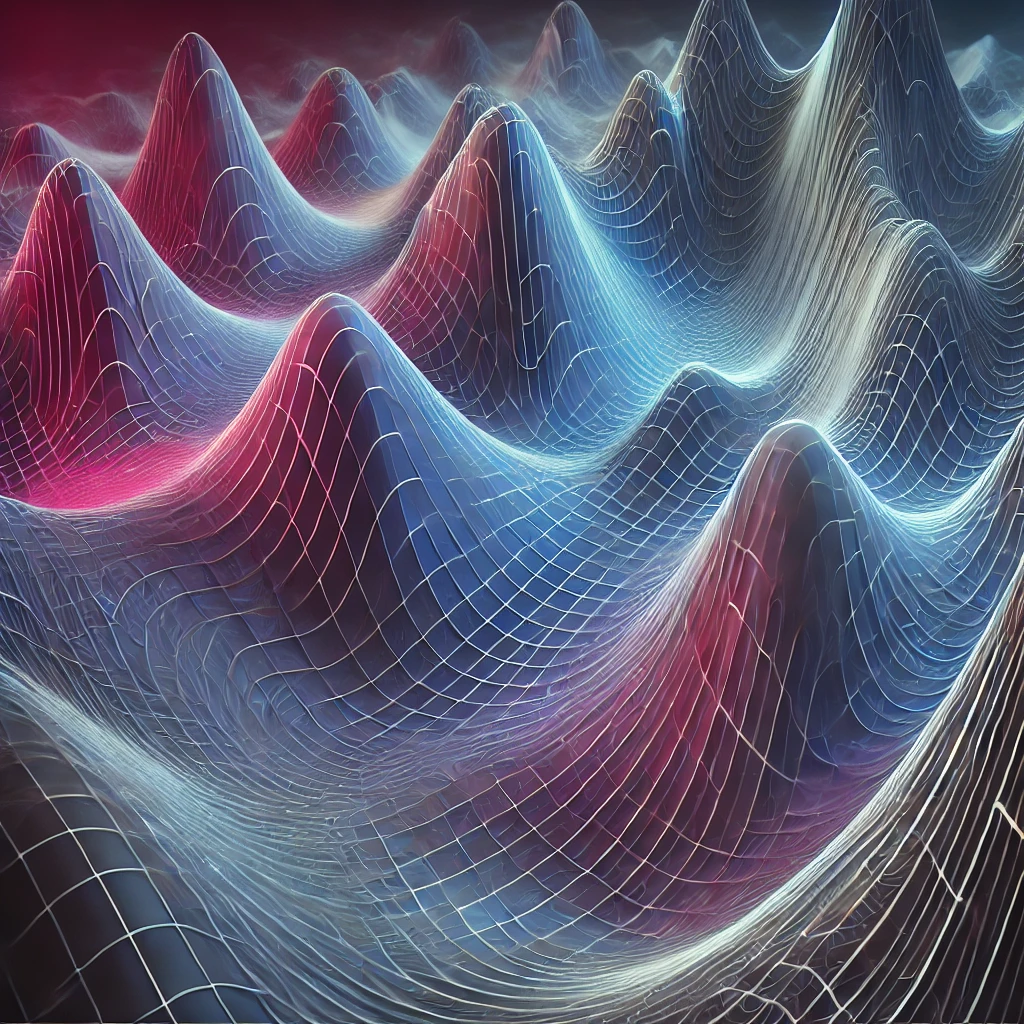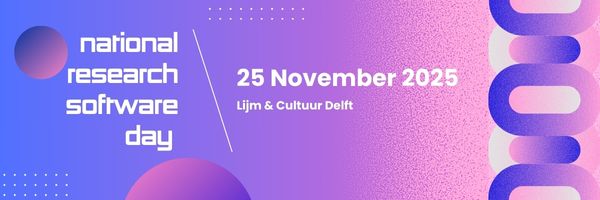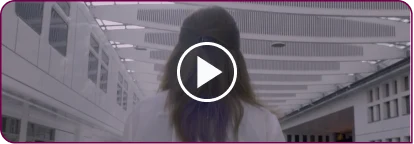November 2024 Meetup of the NL-RSE Community

Differentiable simulation in practice
Join us for the next NL-RSE meetup on November 5th, where we’ll explore how differentiable programming is transforming scientific computing. This powerful technique allows for automatic differentiation through code, and is widely used for optimizing machine learning models. These optimization techniques are also useful in other fields, such as physics and control. Our speakers will cover topics from building your own differentiation tools, and using these techniques in fluid dynamics and tokamak simulations.
Applications are also found already in Quantum Computing, economics modeling, Bayesian modeling, probabilistic programming, differentiable mesh rendering, acoustics, molecular dynamics, brain dynamics, cosmology and many more!
The meetup offers a welcoming space for learning, sharing ideas, and networking with like-minded researchers and engineers. If you're interested in learning more about the specific topics covered, check out the detailed abstracts below—we’d love to have you join us!
Location
VU Amsterdam, HG-09A16 Main building, Floor 9, Wing A
Registration
Attendance is free and open to all.
RegistrationAgenda
| Time | Speaker | Subject |
|---|---|---|
| 13:00 - 13:30 | Pre-meetup networking, coffee | |
| 13:30 - 13:40 | Daan & Luisa | Introduction |
| 13:40 - 14:20 | Pablo Rodríguez | A peek under the hood of automatic differentiation |
| 14:20 - 15:00 | Syver Agdestein | Discrete closure models for turbulent flows |
| 15:00 - 15:30 | Break | |
| 15:30 - 16:25 | Jonathan Citrin | TORAX: Tokamak transport simulation in JAX |
| 16:25 - 16:30 | Announcements & AOB | |
| 16:30 - 17:30 | Networking and drinks |
Abstracts
Pablo Rodríguez (Netherlands eScience Center) - A peek under the hood of automatic differentiation
There are many packages implementing automatic differentiation available for free. This is good news because, as an engineer, it saves me time and keeps me away from reinventing the wheel. But as a researcher, I'm curiosity driven. I want to know, at least partially, what the packages I use do. I want to share some basic pen-an-paper concepts that, I hope, will satisfy your curiosity, and even enable you to write a basic automatic differentiation engine from scratch.
Syver Agdestein (CWI) - Training discrete closure models for turbulent flows using differentiable programming
Neural network libraries allow for writing reverse-mode differentiable functions. Traditional numerical solvers, on the other hand, must either use hand-coded adjoint solvers, which is prone to errors, or finite differences, which is overly expensive for large parameter spaces. We use a differentiable Navier-Stokes solver in Julia to train embedded neural closure models.
Jonathan Citrin (Google DeepMind) - TORAX: Tokamak transport simulation in JAX
We introduce TORAX, an open-source differentiable tokamak core transport simulator targeting fast and accurate core-transport simulation for pulse planning and optimization, and unlocking broad capabilities for controller design and advanced surrogate physics. TORAX is written in Python using JAX, and solves coupled time-dependent 1D PDEs for core ion and electron heat transport, particle transport, and current diffusion. JAX's inherent support for neural network development and inference facilitates coupling ML-surrogates of constituent physics models, key for fast and accurate simulation. TORAX is an open source tool, and aims to be a foundational component of wider workflows built by the wider community for future tokamak integrated simulations.
Call for Contributions
We are always looking for speakers and exciting topics, please contact the host Daan van Vugt if you would like to give a talk or are interested in learning about some specific topics.
Contact
If you have any questions, please contact the host Daan van Vugt
NL-RSE. The community of Research Software Engineers from Dutch universities, knowledge institutes, companies and other relevant organizations for sharing knowledge, organizing meetings and raising awareness for the scientific recognition of research software.

